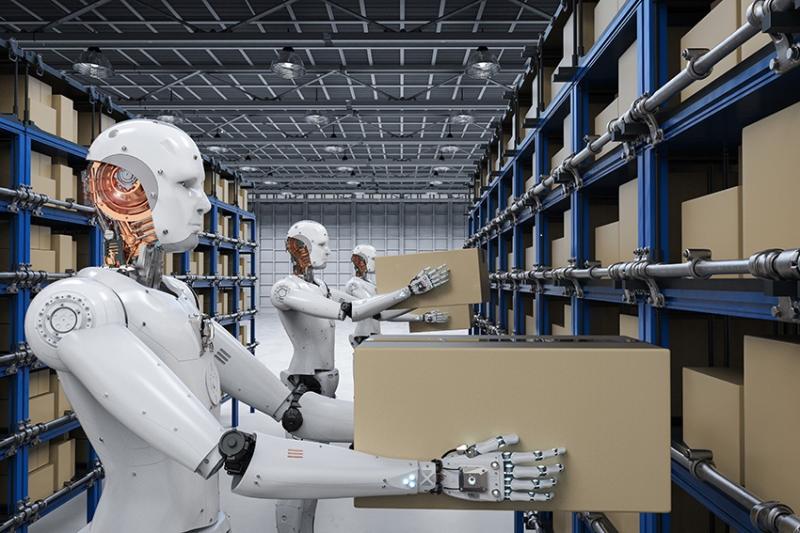
- 22 Nov 2022
- 483 views
- 6 posts
According to a report by Oxford Economics, the robotics revolution is rapidly accelerating, as fast-paced technological advances in automation, engineering, energy storage, artificial intelligence and machine learning converge. The far-reaching results will transform the capabilities of robots and their ability to take over tasks once carried out by humans. Existing business models in many sectors will be seriously disrupted and millions of existing jobs will be lost. We estimate up to 20 million manufacturing jobs are set to be lost to robots by 2030.
Robots are being developed to receive and make automated phone calls which is routine, repetitive, and predictable work. The hospitality industry, especially in countries like Japan, is gearing up to provide information, front desk services, storage services, as well as check-in and check-out services, In fact, there are hotels in Japan that involve a complete human-free experience.
According to an ET report, India Inc. is turning to machines quicker than its global peers. That India’s yarn and cloth-making industries — among the most labor-intensive in the country — have become the vanguard of automation speaks to the challenge. The sad reality is that those in the bottom tiers of the labor force will be the most severely hurt by automation. While the typewriter didn’t replace the stenographer completely but taught people how to type instead, the fact of the matter is that robots lead to the destruction of certain jobs and no amount of upskilling can replace them.
Manufacturing, as Professor Dani Rodrik of Harvard University, put it, is “the quintessential escalator for developing economies.” For India, which became a service-heavy economy before it fully industrialized, the consequences of robotic automation are far more dire. The self-fulfilling cycle of India’s manufacturing void means workers may not be fully equipped to move up the ladder or out of the still-large informal economy.
Healthcare provider solutions from IBM Watson Health have helped hospitals and health systems optimize performance and improve care experiences. Using core capabilities in data and analytics – and technologies like AI, cloud and blockchain – Watson has helped healthcare providers forge connections across the health ecosystem that drive smarter health. In the future, your second medical opinion could come from a robot who has gone through terabytes of data to understand your illness.
At the same time, the robot revolution will create 97 million new jobs, but these new jobs would mostly emerge in the care economy, in fourth industrial revolution technology industries like artificial intelligence, and in content creation fields. By 2025, roles that leverage human skills will rise in demand. Machines will be primarily focused on information and data processing, administrative tasks and routine manual jobs for white and blue-collar positions.






























